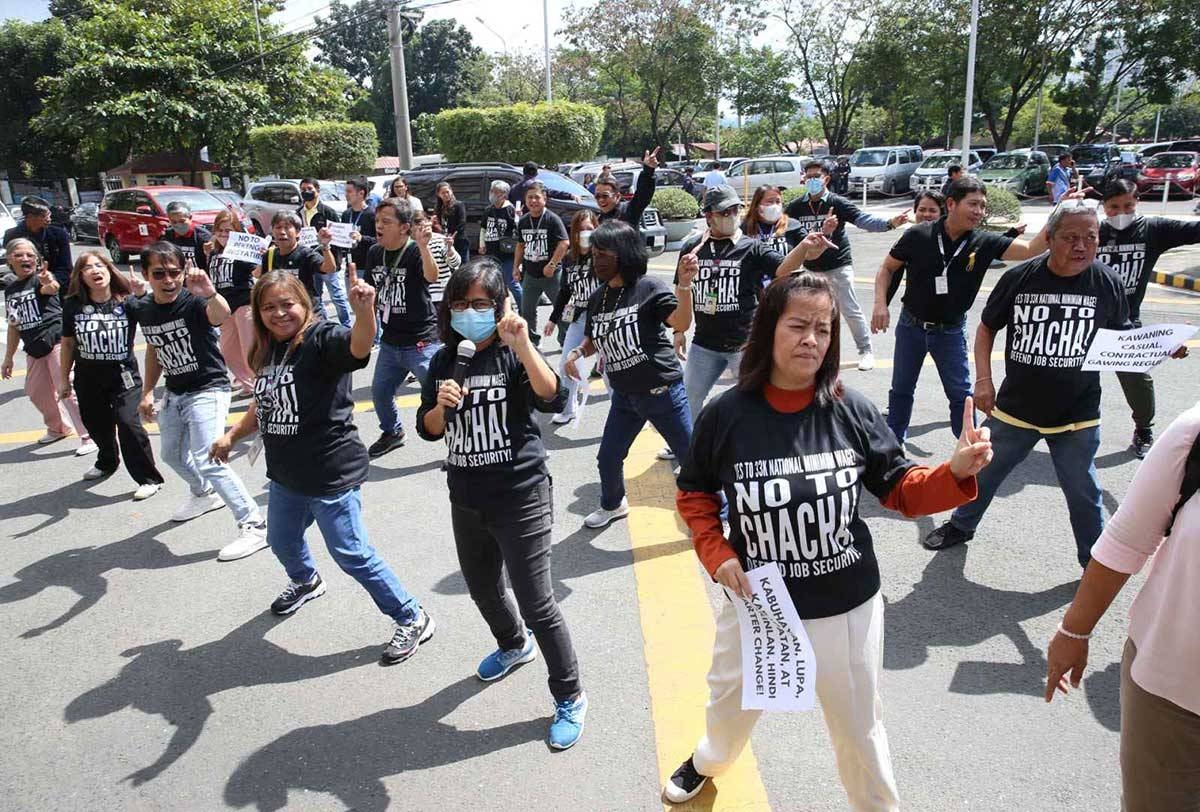Some leaders of the House of Representatives have dismissed former president Rodrigo Duterte’s assertion that the people’s initiative could be used to introduce a parliamentary system in the country. They argue that such a move lacks constitutional basis.
Duterte had previously claimed that the signature campaign for the people’s initiative could potentially convert the current presidential system into a federal parliamentary form. According to his proposal, Speaker Ferdinand Martin Romualdez would assume the role of prime minister, while his nephew, Ilocos Norte 1st District Rep. Ferdinand Alexander Marcos, would replace him as the speaker.
During a press conference on Wednesday night, House Majority Leader Manuel Jose Dalipe urged Duterte to refrain from spreading unfounded stories. Dalipe emphasized that the House of Representatives is pleased with the Senate’s forthcoming deliberation on Resolution of Both Houses (RBH) 6. This resolution aims to convert Congress into a constituent assembly responsible for revising economic provisions.
Dalipe stated, “Let’s focus on the facts of what we transmitted to the Senate, and we welcome the development from the Senate, informing the entire nation that they will discuss RBH No. 6 proposing amendments to the economic provisions of the Constitution.” He challenged those accusing the House of pushing political amendments to provide concrete evidence or documentation to support their claims. Dalipe clarified that the House solely transmitted proposals for economic provisions and did not introduce any political changes.
Echoing Dalipe’s sentiments, House Committee on Constitutional Amendments chairman and Cagayan de Oro City 2nd District Rep. Rufus Rodriguez emphasized that Duterte’s claims of using the people’s initiative to alter political provisions hold no constitutional or legal basis. Rodriguez explained that the people’s initiative cannot change the form or system of government. As a unitary state, the Philippines cannot be transformed into a federal system through the people’s initiative. Furthermore, the initiative process is limited to proposing amendments, making it incapable of transitioning from a bicameral to a unicameral form of government.
Rizal 1st District Rep. Michael John Duavit, president of the Nationalist People’s Coalition, supported Rodriguez’s stance. He clarified that neither the people’s initiative nor a constituent assembly can alter the country’s system of government. Duavit emphasized that such changes can only occur through a constitutional convention, in which representatives elected by the people participate in a separate election. He made it clear that the idea of a constitutional convention is not currently on the table.
In conclusion, the House of Representatives has dismissed the claims made by former president Rodrigo Duterte regarding the people’s initiative and its potential to change the country’s system of government. House leaders assert that the people’s initiative lacks constitutional basis and can only propose amendments, not alter the form or system of government. They welcome the Senate’s deliberation on economic provisions and challenge those accusing the House of pushing political amendments to provide evidence to support their claims. It is important to rely on accurate information and adhere to the established constitutional processes when discussing potential changes to the country’s governance structure.
Source: The Manila Times








